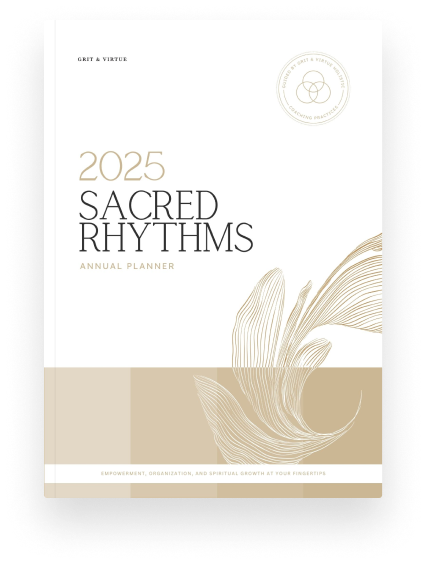Misspelled words are an eyesore. Misplaced apostrophes are much easier to spot in someone else’s writing than your own. And as the writer waxes poetic for three paragraphs about something completely off-topic, your attention shifts to everything besides what they are droning on about. Focus lost. And, possibly, sale lost.
Most of us can identify poorly articulated pitches and shoddily developed content faster than we can click the exit button on our browser windows. But being able to write content that captures the intended audience and draws them in? That’s a different story.
With the advent of the Internet, anyone and everyone can be a writer. We write social media posts, blogs, the About Pages of our websites, newsletters, and product information pages. We use words flippantly, with little regard of their histories, cultural significance, and weight. The Huffington Post ran an article last year titled: These Words Are So Overused They’ve Become Meaningless. The author, Claire Fallon, begs:
A cookie, to you, may just be awesome, but don’t some occasions deserve more than that? If you really want to express a heartfelt enthusiasm for your best friend’s dream job offer, don’t mindlessly say that it’s awesome, or even add on some cheap emphasis by saying totally awesome (totally technically means “completely, in every part,” but here it would just be a vague note of emphasis). Maybe your friend’s accomplishment is awe-inspiring, or thrilling, or well-deserved, or warms the cockles of your heart. Some thoughts are worth expressing as meaningfully as possible.
Your mission, your business, your journey, is worthy of verbiage that reflects more than just the overused slang of today. Your content is worthy of correct punctuation, proper spelling, and fine grammar. So how do you craft sentences that give more to the reader than the average prose?
Here are 3 easy steps to help you be a better writer:
- Get reacquainted with your thesaurus. You can purchase one to sit on your desk or bookmark thesaurus.com in your browser, but make sure you use it! Challenge yourself to choose one boring word in every paragraph you write and substitute it with a stupefying alternative.
- Choose your reading material wisely. If you’re reading trash, you’re likely to find yourself spewing it back as you write. Pick up a good novel by an author whose style you like. Read a few articles by an expert in your field. You’ll subconsciously imitate their diction and structure when you write, even if you’re writing on a completely different topic.
- Do some competitive analysis. Whether you’re writing your welcome page text or an article for a magazine, the odds that someone else has said something about your topic are high. A quick Internet search will turn up what’s already out there and give you an idea of the structure used. You can choose to emulate or ignore, but at least you have a starting point.
Regardless of what you’re writing, it should be worth reading. Take time to read what you’ve written—or even have a friend read it—before it goes public. Because when you find that mistake or discover a way to clarify and improve, your words gain impact and you gain confidence.
What do you find challenging about writing? What tips would you give others to improve their writing?
Enjoyed it? Share it!
Megan Stevens
Megan Stevens is embracing her recent move to the South, enjoying the hospitality of Northern Alabama with her husband, 3 year old daughter and soon-to-arrive baby. Megan is passionate about community, celebration and life around the table.
But wait, there's more...

















Thank you Megan. I was just talking about this with my husband last night. I am realizing how much I enjoy putting my thoughts into words and hopefully some of them will inspire just one person. I would like to write a memoir in the near future and working with people like yourself is not only going to help me as a writer but also a better person because I will be that much more confident in my work.
Confidence is key. And a good editor won’t hurt either! A great editor brings out the best in a writer. The recently published Harper Lee book Go Set A Watchman is a great example. Her editor read that back in the 50s, and knew there was a better story in the flashbacks. Thus was born the great American classic, To Kill A Mocking Bird. Hopefully your future memoir will be just as beloved!
This was really helpful. Especially the bit about being careful about what you read. I noticed that when I was reading a lot of plays and classic literature my vocabulary was expanding and my ideas would flow easily. That was before kids. My vocab shrunk considerably while they were toddlers but now it’s growing again as they grow!! lol!
Ha!! I am totally living the toddler vocabulary right now. If I don’t have a good book going or fill my Feedly with writers I love, I find myself sounding exactly like Daniel Tiger’s mom! It’s a daily battle to use polysyllabic words instead of grunts.
Love this one, Megan!
On Writing Well by William Zinsser is an excellent read!
Thanks for sharing. Will check it out!
This is great! Thank you for putting this together.